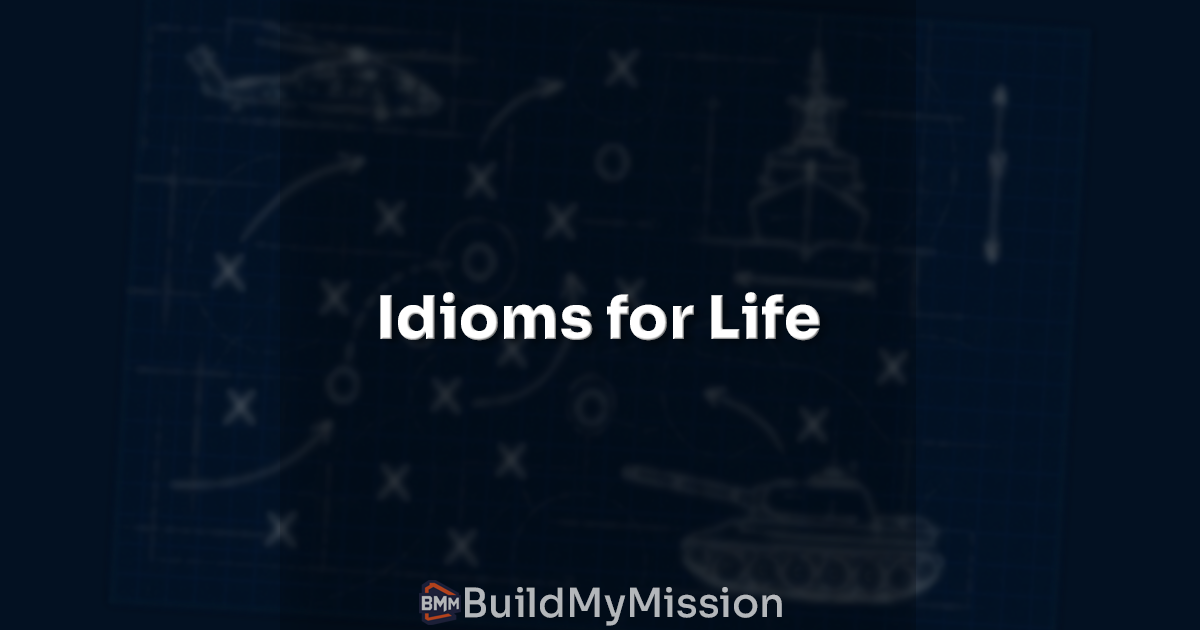Ask for Forgiveness, Not Permission
4 minute read

Sometimes the best way to get things done is to stop waiting for permission and start making things happen. “Ask for forgiveness, not permission” is a mindset that pushes you to take action, be resourceful, and take responsibility for your choices. It’s not about being reckless. It’s about trusting yourself to make bold decisions when others hesitate.
TL;DR
This mindset encourages action over hesitation. If you’re always waiting for approval, you’ll miss chances to grow and lead. Be smart, weigh the risks, and be ready to own your decisions, even if they don’t go as planned.
When you ask for permission, you are waiting on someone who probably has more “limiting beliefs” and worry than you do. They may say no, but more likely they will be indecisive. In many cases, you could’ve actually done the thing in the time it’s taken to ask for permission to do it. So, the reward outweighs the risk and you are prepared to handle the consequences, then maybe just do it - and then ask for forgiveness later.
What This Really Means
“Ask for forgiveness, not permission” isn’t about breaking rules just because you feel like it. It’s about recognizing when action is more important than approval. There are many processes and bureaucracies in the world that are overly cautious and simply slow down progress. These processes are often run by people with very limiting beliefs.
Most of the time, people hesitate to act because they’re afraid of stepping on toes or getting in trouble. But those who make real progress often do so by pushing forward anyway.
Here’s the key: You still need to think things through. You’re not ignoring rules. You’re deciding that moving forward is worth the potential fallout. It’s a calculated risk.
Why This Works
- It speeds things up. Waiting for approval slows you down. Acting first gets you closer to a solution faster.
- It builds confidence. When you make a decision and deal with the outcome, you learn faster and grow stronger.
- It shows leadership. People follow those who take initiative, especially when things are stuck or uncertain.
- It inspires creativity. Resourceful people often find better ways to solve problems because they don’t follow the usual script.
When to Use This Mindset
This works best in situations where:
- The risk is low but the payoff could be high.
- The people or processes are stuck in indecision.
- You understand the rules well enough to know where the lines are.
- You’re dealing with slow or unclear leadership.
- You can fix or take responsibility if things go wrong.
Example Scenarios
- You’re on a team project and the leader hasn’t made a decision. You step up, make a choice, and move forward.
- You want to test a new idea at work or school. Instead of asking for permission, you try it on a small scale and show the results.
- You find a problem in your community. Instead of waiting for someone else to fix it, you organize a solution.
When to Slow Down
This mindset isn’t a free pass to do whatever you want. Think twice if:
- There are serious consequences (legal, financial, or safety issues).
- You’re acting purely out of impulse or ego.
- Your actions might harm someone else.
- You don’t understand the full context or the rules you’re about to bend.
Taking initiative means taking responsibility. If you act and things go sideways, you have to own it and make it right.
How to Weigh the Risks
Before you act, ask yourself:
- What’s the worst-case scenario?
- Can I fix it if things go wrong?
- Who will be affected, and how?
- Is this purely about solving the problem and not about my ego?
- Would I be proud to explain this decision later?
If the answers give you confidence, go for it. If not, take a step back and rethink.
Being Resourceful with AI
AI tools like ChatGPT, or Notion AI can help you act faster and smarter. Instead of waiting for someone to build something for you, use these tools to create prototypes, write first drafts, or automate tasks on your own. You can also give ChatGPT the summary of the situation and ask it to help you weight the risks vs rewards
Taking initiative doesn’t mean going solo. It means finding a way forward, even if others haven’t cleared the path yet.
Final Thought
The world rewards action. Playing it safe might keep you out of trouble, but it rarely leads to breakthroughs. When you see an opportunity, trust yourself. Be bold. And if you mess up? Learn from it, fix it, and move on. That’s how real growth happens.
Source: hbr.org